Broke Ground today."Bad News. Bad Soil" Need Piers?!
iamskc
9 years ago
Related Stories
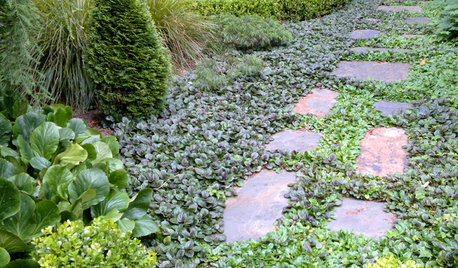
GROUND COVERSGround Force: 10 Top Ground Covers for Your Garden
Protect your soil from weeds and drought this summer with a living mulch of ground covers
Full Story
GARDENING GUIDESHow to Stop Worrying and Start Loving Clay Soil
Clay has many more benefits than you might imagine
Full Story
GARDENING GUIDESNew Ways to Think About All That Mulch in the Garden
Before you go making a mountain out of a mulch hill, learn the facts about what your plants and soil really want
Full Story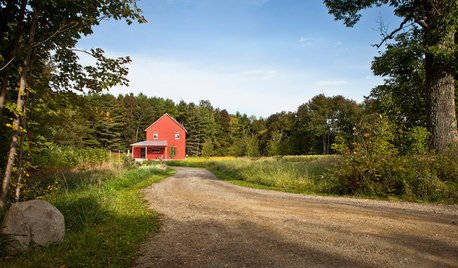
THE ART OF ARCHITECTUREFinding the Perfect Home for a New House
Sun, soil, water, topography and more offer important cues to siting your house on the land
Full Story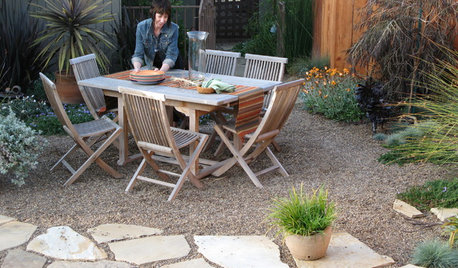
LANDSCAPE DESIGN15 Great Ideas for a Lawn-Free Yard
End the turf war for good with hardscaping, native grasses and ground covers that save water and are easier to maintain
Full Story
FALL GARDENING5 Ways to Put Fall Leaves to Work in Your Garden
Improve your soil and yard the organic way with a valuable garden booster that grows on trees
Full Story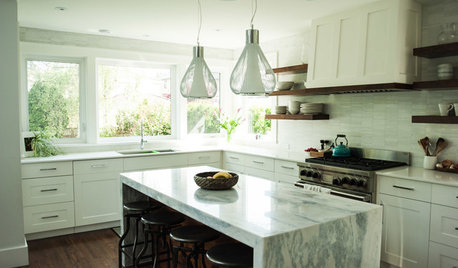
MOST POPULAR15 Remodeling ‘Uh-Oh’ Moments to Learn From
The road to successful design is paved with disaster stories. What’s yours?
Full Story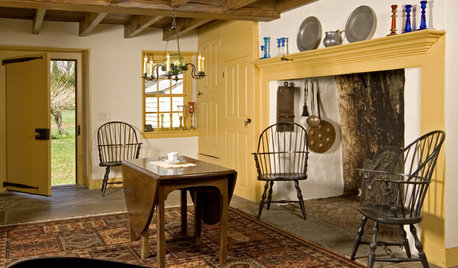
TRADITIONAL ARCHITECTURESo Your Style Is: Early American
The people we know as Pilgrims set the style stage back in 1620
Full Story
GARDENING GUIDESProtect a Precious Resource With a Rain Garden
Promote pure water and a beautiful landscape with a garden design that makes the most of the rain
Full Story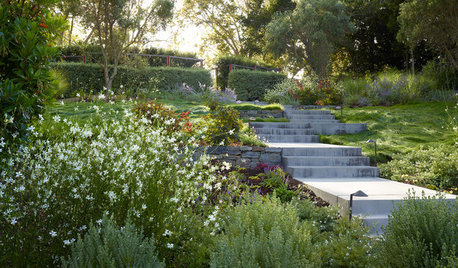
EARTH DAY5 Ideas for a More Earth-Friendly Garden
Consider increasing the size of garden beds, filtering rainwater and using plants to reduce energy use
Full Story





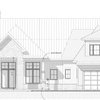


User
jdez
Related Professionals
Brushy Creek Architects & Building Designers · Enterprise Architects & Building Designers · Five Corners Architects & Building Designers · Ken Caryl Architects & Building Designers · Lansdale Architects & Building Designers · Parkway Architects & Building Designers · Duarte Home Builders · Garland Home Builders · West Hempstead Home Builders · Arlington General Contractors · Dunedin General Contractors · Medway General Contractors · San Bruno General Contractors · Tabernacle General Contractors · Valle Vista General Contractorscarsonheim
Oaktown
zippity1
bridget helm
nycefarm_gw
kcinkc71
virgilcarter
Awnmyown
Kiwigem